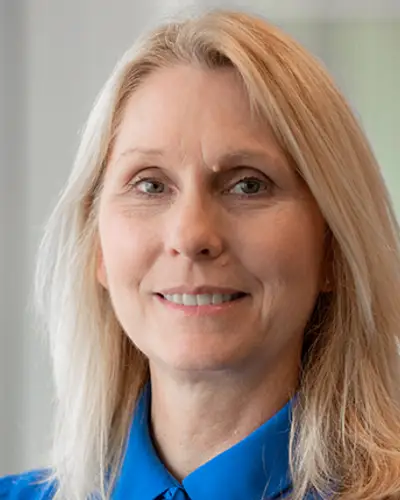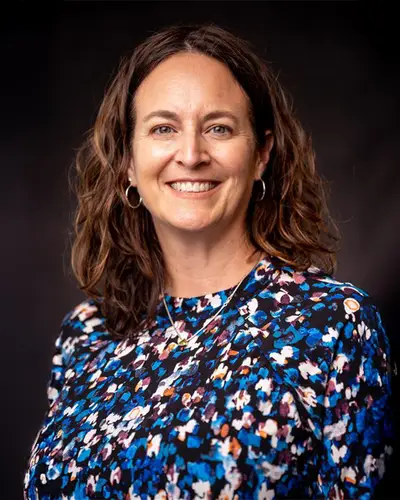Multi-Sector Partnerships for Food System Transformation
12:00-1:00PM GST
Green Zone Innovation HUB | In-Person
Moderators
Victoria Crawford, WBCSD
Panelists: Simon Winter, Executive Director, Syngenta Foundation; Claudia Ringler, Director, Natural Resources and Resilience, IFPRI (CGIAR); Tracy Mitchell, Director of Resilience and Climate Adaptation, RTI International
Abstract
This session explores the private sector's role in driving innovation for food systems transformation, a critical enabler of growth, and aims to build bridges between public and private sector. It will exemplify leading sustainable businesses'' cutting edge approaches to create a best practice for others to follow, explain how important partnerships can be created to unite private and public sector goals, and advocate for the policy incentives needed to transform the food and ag sector. In doing so, this session will act as a catalyst for future collaboration and aims to drive investment in innovation from not only businesses, including the financial sector, but also governments, policy makers, NGOs and civil society.
Enabling Smallholder Farmers to Leverage Carbon Markets at Scale
3:00-4:00PM GST
Pathways to 1.5 Pavilion (Blue Zone, B7, Building 88) | Hybrid (In-Person and Online)
Moderators
Razia Baqai, Deputy Division Chief, Economic Growth, Environment, and Agriculture, USAID Bureau for Africa
Panelists: Martin Jansen, Head of Supply Acorn, Rabobank; Tracy Mitchell, Director of Resilience and Climate Adaptation, RTI International; Steven Brunn, Senior Director of Private Sector Engagement, Winrock International
Abstract
Carbon markets can play a critical role in helping the agriculture sector to reach net-zero while also adapting to the changing climate; but so far, primarily largescale farmers in high-income countries have been able to leverage carbon markets. Low- and middle-income countries account for most global emissions from the agriculture, forestry, and land use sectors, and are dominated by smallholder farming systems. USAID and other donor-supported activities are increasingly connecting smallholder farmers to carbon markets. This session will showcase three examples of where smallholder farmers are combatting climate change with the support of carbon markets and highlight opportunities for scaling within other low- and middle-income countries.
How Government Investments are Transforming the Landscape of Climate Resilient Infrastructure
5:00-6:00PM GST
Pathways to 1.5 Pavilion (Blue Zone, B7, Building 88) | Hybrid (In-Person and Online)
Moderators
Amy Volckens, PE, Strategic Account Executive for Climate, RTI; Dr. Candise Henry, Senior Research Economist, Center for Applied Economics & Strategy, RTI
Panelists: Dr. Richard Spinrad, Under Secretary of Commerce for Oceans and Atmosphere & NOAA Administrator; Dr. Hussam Mahmoud, George T. Abell Professor in Infrastructure and Director, Structural Laboratory, Colorado State University; Michael Kane, Director, RTI Center for Water Resources
Abstract
Governments have been making historic investments in infrastructure, climate mitigation, and climate adaptation. This session will illuminate the connections between these investments and the impacts they are having on water systems and the built environment to create stronger, more climate resilient infrastructure.



